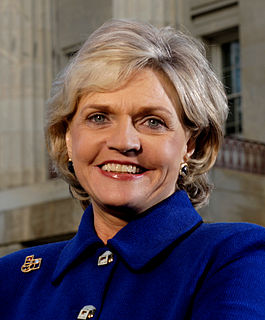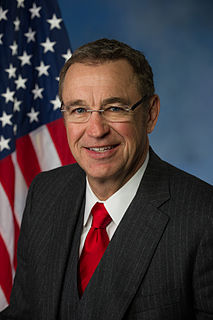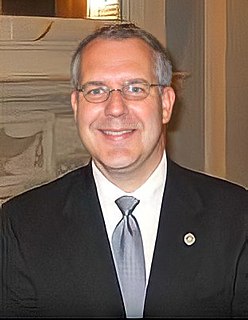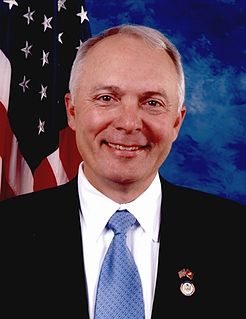A Quote by Bev Perdue
At the end of the day, things don't get better unless you continue to invest in your workforce. And I've not heard any Republican talk about education and the investment in the future workforce.
Related Quotes
If we look to the future, when we talk about outsourcing jobs, when we talk about global competitiveness and our efficiency, none of that matters very much unless we have appropriate training and education for our young people today who are the workforce of tomorrow. It is an economic reality, and we are failing.
It's very hard for students not to be in debt unless they've got big scholarships or rich parents. And it's called investing in your future, but like any investment it's risky because your future is an unknown quantity. However, if you don't invest in your future, you may be flipping hamburgers for the rest of your life. So it's a real dilemma.
We invest in things like the future, like our children, like education. In other words, we invest in things that we understand we will not see an immediate return of investment but everybody knows it will have a positive impact and you can easily measure it over the course of time. Your why is exactly the same thing.
What I hear from employers day in and day out is, 'I need to make sure I have that skilled workforce to compete.' And so we've been able to help so many people punch their ticket to the middle class by transforming our workforce development system for advanced manufacturing jobs and other critical jobs that exist right now.


































